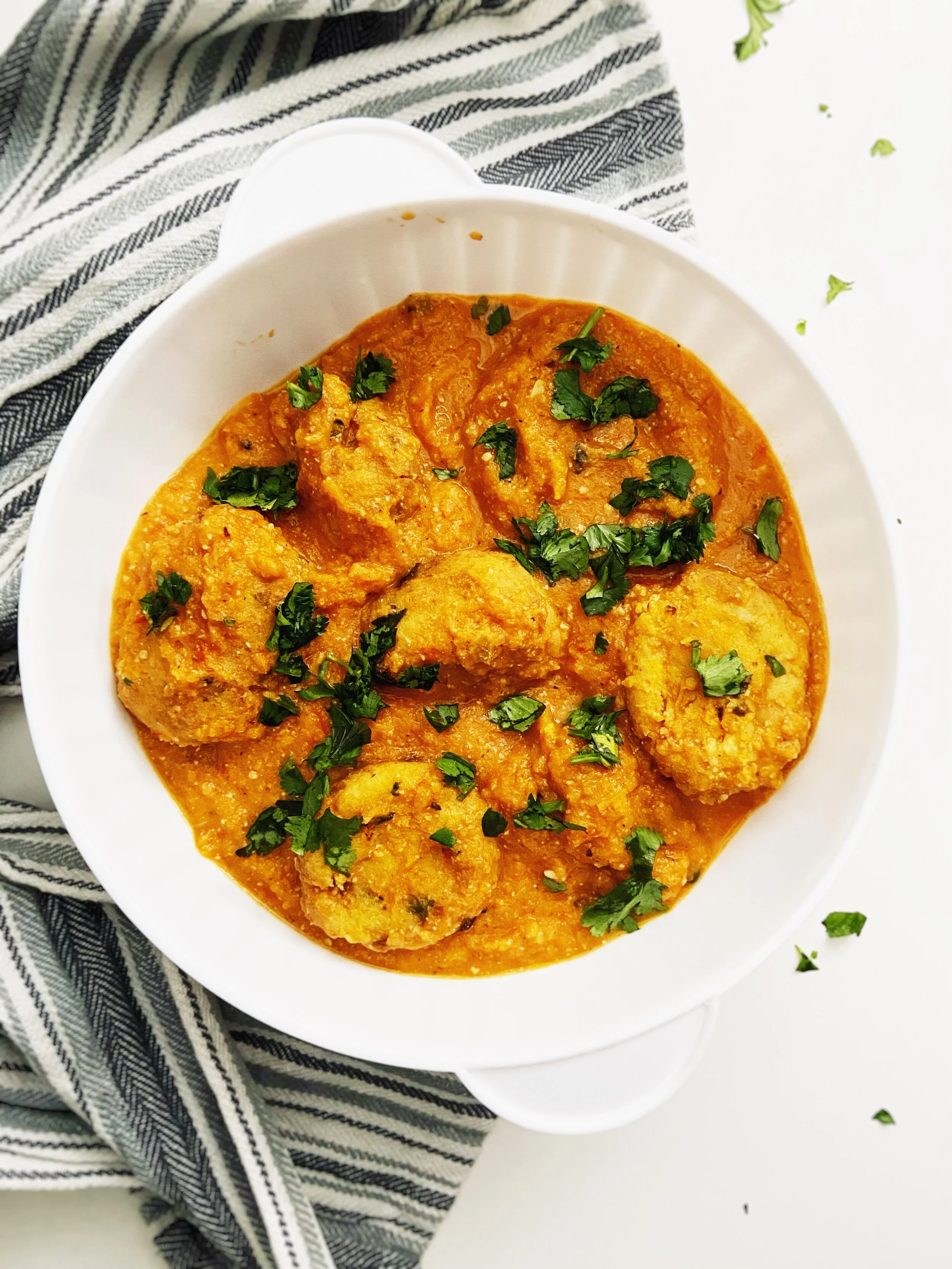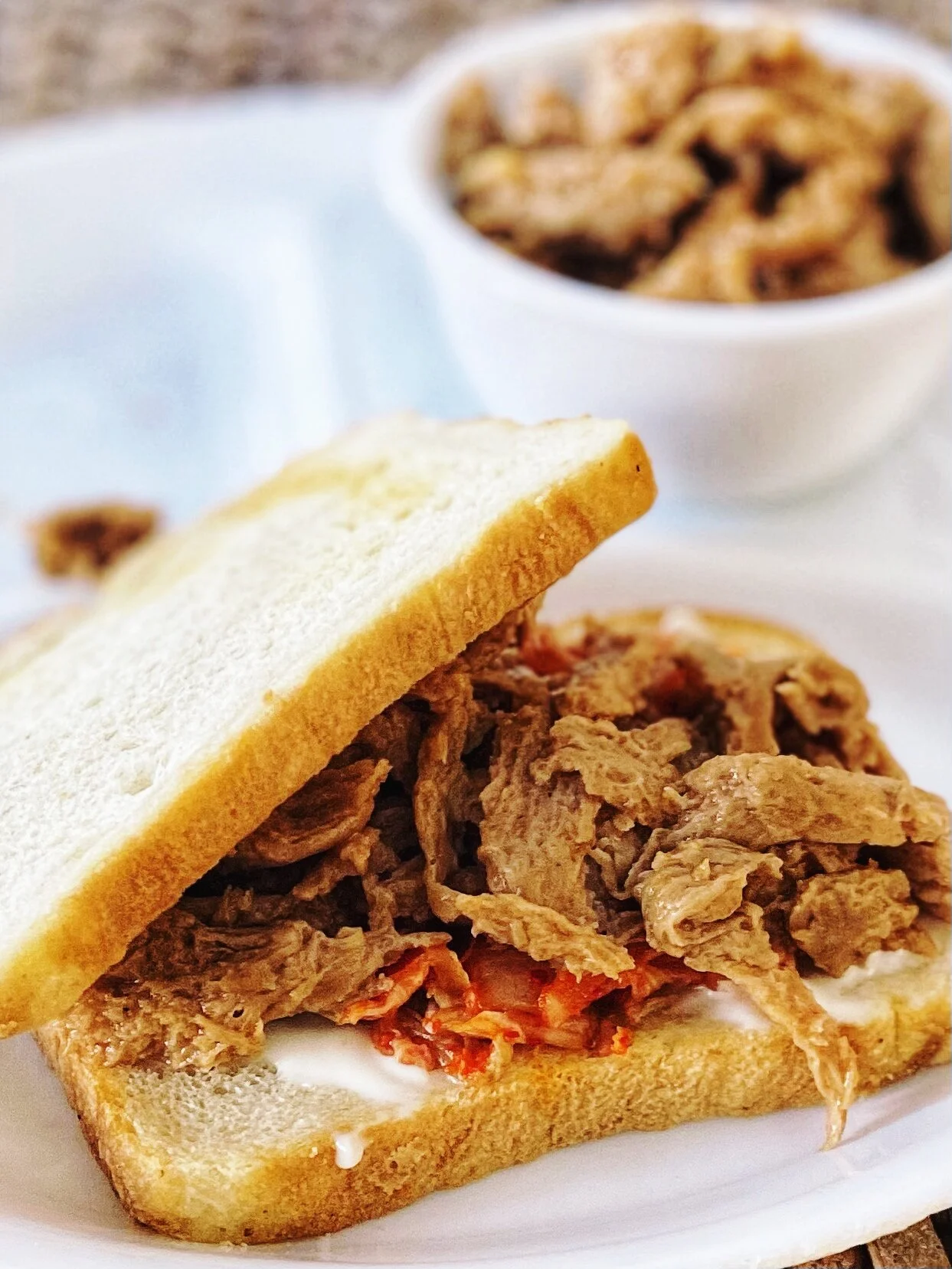So you may be wondering: What is intuitive eating? Wikipedia defines intuitive eating as "a nutrition philosophy based on the premise that becoming more attuned to the body's natural hunger signals is a more effective way to attain a healthy weight." If you have been prone to go on diets or keep track of your calories, this may seem like a difficult concept to you but with time and practice, you can fine-tune your body to recognize and respond to hunger in a natural way. Here are some ways you can begin rebuilding your relationship with food:
1. Ditch the diet mentality.
Reject the idea that restricting your intake will help you lose weight. In order to foster a healthy relationship with food, you need to stop looking at it in black and white. Throw out books and magazines that promise quick weight loss results from fad diets. Delete any calorie tracker apps you may have on your phone. And most importantly, stop punishing yourself for wanting or craving certain foods.
2. Make peace with your food.
Stop defining your food using numbers, or adjectives like "good" and "bad." Instead, appreciate food for what it truly is: fuel that enables your body to continue being amazing! Giving into cravings or treating yourself to a snack does not make you weak, nor does it make you unhealthy. Remember that you do not need to eat a perfect diet in order to be healthy.
3. Honor your hunger and respect your fullness.
Hunger is your body's way of telling you that it's time to eat. If you just ate and still feel hungry, you probably did not eat enough. Do not let yourself get to the point where hunger dominates your thoughts. Show your body some love - if you feel hungry, EAT! Stop eating only when you are comfortably full. Sometimes, you will experience fullness without having finished everything on your plate; other times, you will need to help yourself to seconds or thirds before feeling full. It is important to monitor your hunger over the course of a meal to make sure you are consuming the right amount of food for your body.
4. Learn to cope with your emotions without using food.
It is common to want to use food to distract yourself in times of boredom or crisis. However, this can have extremely damaging effects on both the mind and body. You need to remind yourself that food will not fix your problems. Instead of reaching for a snack when you feel bored or stressed, try cleaning your room or going on a walk. Learn to confront your emotions rather than suffocating them by overeating.
5. Get movin'
Set aside 30 minutes to an hour each day for physical activity. Choose activities that you enjoy - for me, this means running, doing yoga and occasionally lifting weights. Instead of sticking to a rigid program, build your own fitness regimen!
I hope this post helped you gain some insight into the principles of intuitive eating. Like most healthy practices, intuitive eating is a skill that develops over time. But if you commit yourself to rebuilding your relationship with food, you are already one step closer to leading a healthier lifestyle.
-Lish ♥

















